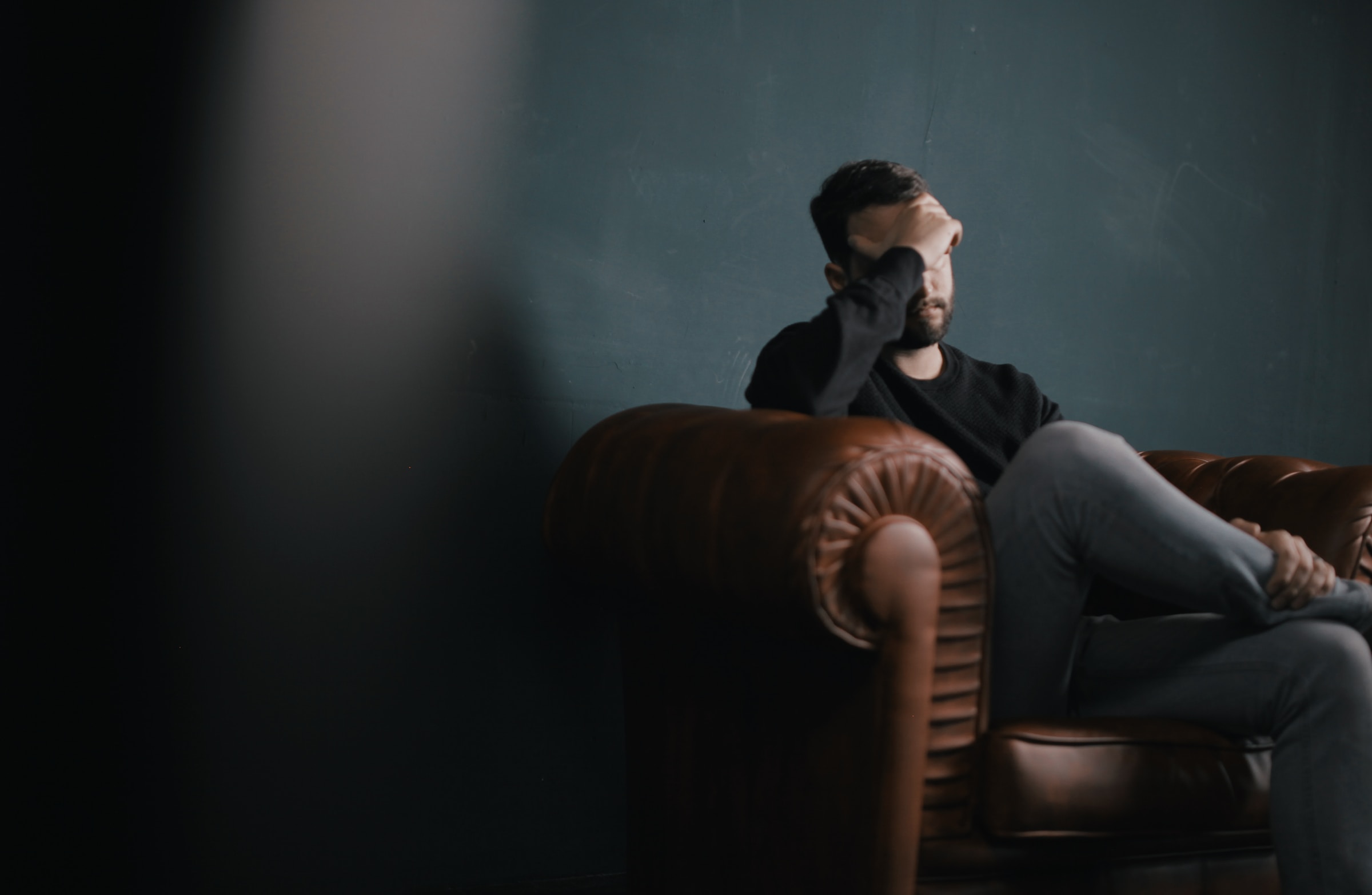
By Matleena Vanhanen April 7th, 2020
Many of us are fortunate enough to feel like we have sufficient control over our lives. We have control over what we do, and how we do it. We have a purpose and a plan. We feel that we are active participants in our own lives and have a respectable command over our present and future.
The COVID-19 pandemic has left many feeling under threat. The disease endangers everything that makes us feel safe and secure. This is a volatile situation, and we have little control over what will happen to us or our loved ones. A normal human response to such unpredictability and lack of influence over a situation is anxiety.
Some cope by holding on to the illusion of being untouchable, choosing to ignore or doubt the reports, believing that the situation is exaggerated and misrepresented. Others do not dare to connect with their anxiety, because it’s so scary that they fear it will break them. Letting go of the illusion of this false sense of “immunity” requires us to accept our mortality and vulnerability, which for many is too terrifying to handle.
I am not in the position to say how much we should be afraid or how anxious we should be. However, just as our ability to become stressed is life-saving, so is our ability to feel anxiety. If we do not feel any stress, we don’t get anything done. If we don’t feel anxiety, we miss all the signs of threat and it catches us unprepared. Too little stress and anxiety is not good, but neither is too much of it. Chronic stress damages our physical and mental health and leads to inefficiency. Too much anxiety can equally hamper our ability to make good decisions and manage daily life.
Stoic philosophers taught that nothing except our minds is under our control. We cannot control other people, or what happens to us. Even our bodies are, to some extent, beyond our control. And yet, we hold onto the belief that we are always in charge. What this pandemic has shown us, is how little control we actually have. These experiences of “thrownness”, experiences where we have no control over what happens to us, can shake us to the core.
Life as we know it has been disrupted, and we need to accept that much of what we will experience in the coming months is not what we would have wanted. If we are overwhelmed with anguish about the future, it may be difficult to see isolation and imposed limitations as means to implement positive change, especially when anxious about the future. But feeling more anxious about danger does not remove it or diminish it. Instead, it prevents us from taking action, limits our ability to assess the situation and blinds us to other opportunities.
But this unprecedented time can be a new beginning for those who choose to use it for good. Many of us have been given an opportunity to slow down, turn towards our loved ones and reflect on our values and guiding principles. Were we living the life we wanted, when we were still seemingly in control? Were we aspiring to be our best selves? Were our choices and actions – or inactions – taking us where we wanted to go? Perhaps we can use this time to reflect on the aspects of our lives and the parts of our world that we can control, and choose to make positive changes.
How can we get through this challenging and unsettling time? We must remember that nothing lasts forever, not the good, nor the bad. This shall pass. We do not know what the future holds and we must allow life to carry us for now.
We can choose to focus on what we can control. In each moment, we have the freedom to choose how we respond. No one can take that from us. We can decide how we treat ourselves, our loved ones and our community. We can control our actions and reactions. We can choose to be kind – to ourselves and to others. We can choose to be our best selves and rise to this challenge.
Hope keeps us going when the future looks bleak. Let’s hold on to hope. We will get through this. We might feel more fragile and vulnerable than before, but we will get through this.
However, I am aware that this is very difficult for some. It is easy to talk about choosing our perspective when our homes are places where we want to be and we can go through this ordeal with people we love. I am worried for the wellbeing of those for whom home was a lonely place to start with and the isolation has now become even more pronounced. I also have great concern for the wellbeing of those for whom home is not a safe place. Having a space to go where we are loved and looked after guards against life’s stresses. If home is not a safe place but is rather a place where we experience great despair, neglect or abuse, we will experience high levels of distress. Not being able to escape danger, and not knowing how long the ordeal will last, can be highly traumatising. Everyone needs and deserves a safe space – a place to rest, recover and prepare for the struggles that may lie ahead.
If you know of someone who is in a situation, where they are either very lonely or in an unsafe environment, now is a crucial time to offer your support and shelter. If you are alone, please let a family member, friend, colleague or neighbour know that you feel lonely. There are many kind and compassionate people that are ready to help if you let them. It may be that you simply reach out and say “Hey, I need some contact”. They may not be able to be physically close to you, but they can connect with you in other ways.
If you are in an abusive relationship, contact someone you trust and, together with them, create an exit plan that allows you to leave safely. Help is available even during these challenging times. Please reach out.



